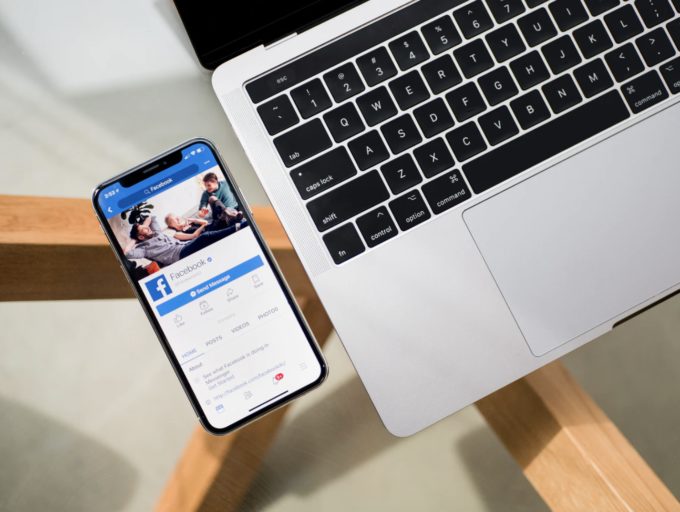Facebook is reportedly preparing an antitrust lawsuit against Apple, alleging that the App Store engages in anticompetitive behavior by requiring third-party app compliance with rules that Apple’s own apps do not follow. The lawsuit would be the latest escalation in Facebook and Apple’s ongoing feud, which was recently exacerbated by two new privacy features of iOS 14. The first feature, a “privacy nutrition label,” is a new section of an app’s App Store page that summarizes the developer’s data practices, such as what data is used to track the user and what data is gathered in aggregate, unlinked to any individual user. The second feature, “App Tracking Transparency,” requires a user’s permission before an app can track their data across other apps or websites. Facebook, which has a significant financial interest in user-data collection, frames these features as additional barriers to app competition in an ecosystem wholly controlled by Apple.
Apple claims that the new features help users make more informed decisions about their data privacy. App Tracking Transparency is a relatively straightforward win for user privacy control, but there is significant skepticism among privacy activists about the efficacy of privacy nutrition labels. The labels are entirely self-reported by the developer, and it is unclear to what extent Apple checks them for accuracy; many apps claiming they collect no data still send unique identifying data to multiple third parties. Privacy nutrition labels have also been deemed too confusing to meaningfully add to a user’s understanding of how their data would be used. Inaccurate or confusing labels do not substantively help a user protect their data, but the feature allows Apple to further its pro-privacy brand. In the absence of governmental regulation or privacy-oriented competition from within the industry, Apple can comfortably declare nominal features to be significant privacy wins. Right now, Apple sets the standards for which data practices deserve special warning and to what extent a user can opt out of data sharing.
Facebook has publicly claimed that Apple’s privacy nutrition labels are anticompetitive because they are not required of Apple’s built-in apps (which do not have App Store pages). However, Facebook may not need to bring its own lawsuit for courts to weigh in on these allegations—Apple is already facing multiple antitrust investigations. Spotify has raised similar anticompetitive claims against Apple in Europe, and Facebook has offered direct support in an antitrust suit brought by Epic Games. The latter’s complaint states that Apple’s 30% tax on app sales and demand that all apps use Apple’s payment processing platform both constitute anticompetitive behavior.
Aside from the possible redundancy of another lawsuit, Facebook may also have reputational reasons to avoid suing Apple directly. Facebook is currently defending its own anticompetitive behavior against a suit brought by the Federal Trade Commission. In light of that and other scandals, Facebook employees have expressed skepticism that a publicized legal battle with Apple over privacy features would benefit Facebook’s image.
Regardless of Facebook’s litigation strategy, the company has agreed to comply with Apple’s new privacy requirements, and its apps will remain in the iOS App Store for the foreseeable future. What that ultimately means for user privacy remains to be seen.
